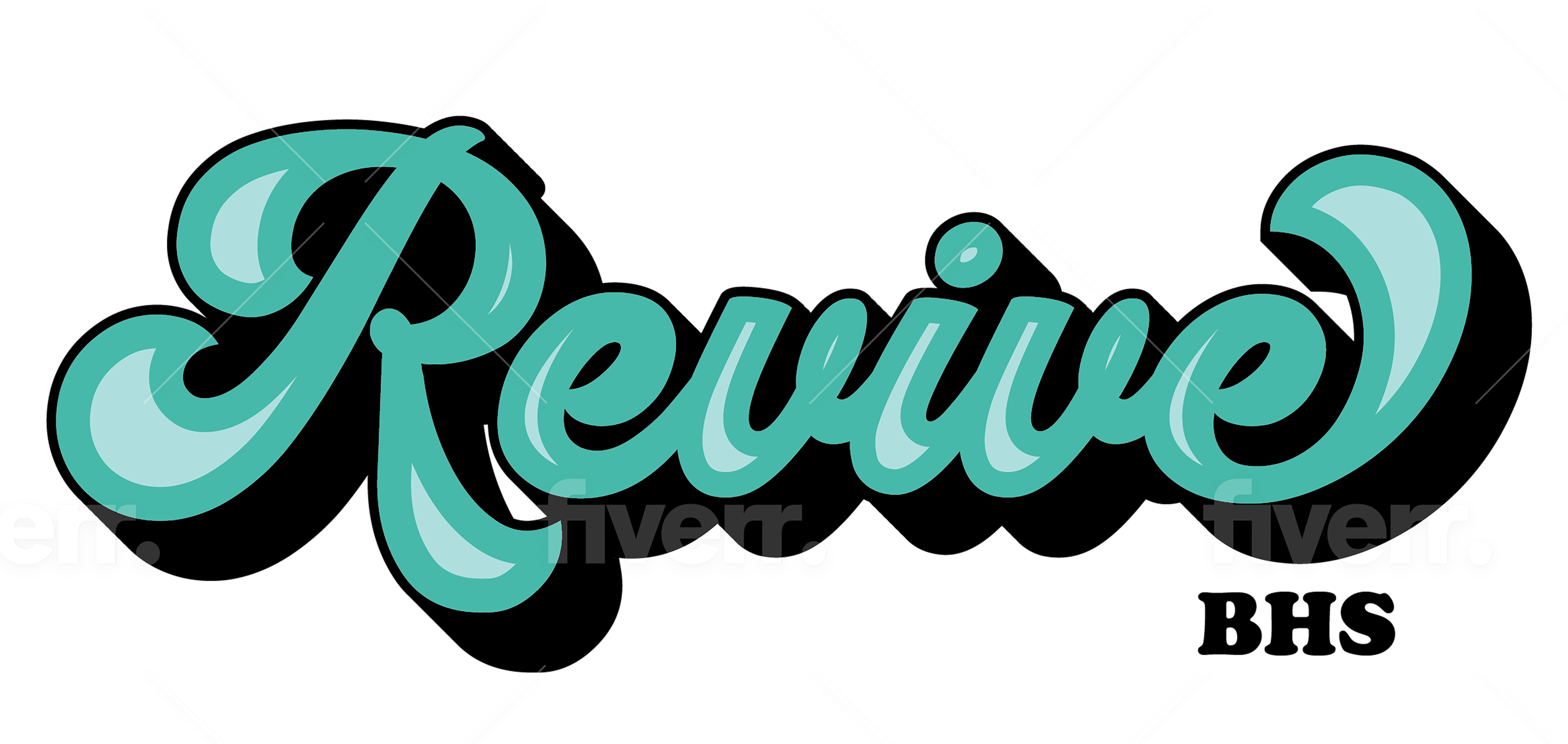At Revive Behavioral Health Solutions, we specialize in assisting individuals and behavioral health systems in the development of substance use disorder treatment programs. A frequent query we receive from our clients revolves around the pivotal decision of determining the most suitable array of services to offer within their programs. That is where the Continuum of Care comes in.
The first step is to understand what the different level of cares are and who they are appropriate for. Substance Use Disorder (SUD) is a complex condition that affects millions of people worldwide. It requires a comprehensive and structured approach to treatment and recovery. The Substance Use Disorder Continuum of Care provides a framework for understanding the different levels of care available to individuals with SUD.
Continuum of Care
- Prevention and Early Intervention
The Substance Use Disorder Continuum of Care begins with prevention and early intervention efforts. The primary goal of this stage is to prevent the development of substance use problems or identify them at an early stage when intervention is most effective. Prevention strategies include public awareness campaigns, education programs, and targeted interventions in schools and communities. Early intervention involves screening and brief interventions for individuals showing signs of substance misuse before it progresses into a full-blown disorder.
2. Screening, Assessment, and Referral
The next level of care involves screening, assessment, and referral. Healthcare providers, counselors, and addiction specialists use validated screening tools to identify individuals with substance use problems. Assessments are then conducted to determine the severity and specific treatment needs of each individual. Based on the assessment results, appropriate referrals are made to the most suitable level of care within the continuum.
3. Medically Managed Intensive Inpatient Services
Medically Managed Intensive Inpatient Services are designed for individuals with severe SUDs who require a higher level of medical and psychiatric support. These programs are typically provided in a hospital or specialized treatment center and involve intensive medical supervision, detoxification, medication management, and comprehensive behavioral therapy. The focus is on stabilizing the individual physically and psychologically while addressing the underlying factors contributing to addiction.
4. Residential/Inpatient Treatment
Residential or inpatient treatment involves round-the-clock care in a structured and supervised setting. It is suitable for individuals with severe substance use disorders, co-occurring mental health conditions, or those who have experienced multiple unsuccessful attempts at recovery. Residential programs offer a highly structured environment, detoxification services, individual and group therapy, medical support, and various holistic interventions. The length of stay can vary from a few weeks to several months, depending on the individual’s needs.
5. Partial Hospitalization Programs (PHP)
Partial Hospitalization Programs (PHPs) offer a higher level of care than outpatient and IOPs but are less intensive than residential treatment. PHPs are recommended for individuals with more severe substance use disorders who need structured treatment during the day but can return home at night. These programs often include a combination of individual therapy, group counseling, medication management, and psychiatric support. PHPs provide a supportive environment while offering the flexibility of returning to a stable home setting.
6. Intensive Outpatient Programs (IOP)
Intensive Outpatient Programs (IOPs) are a more structured form of outpatient care. They are suitable for individuals with moderate substance use disorders who require a higher level of support and intervention. IOPs typically involve more frequent and intensive therapy sessions, group counseling, relapse prevention training, and holistic services such as yoga or art therapy. IOPs provide a comprehensive approach to treatment while allowing individuals to continue living at home.
7. Outpatient Services
Outpatient services form an essential part of the continuum of care. These services are designed for individuals with mild to moderate substance use disorders who do not require residential or intensive care. Outpatient programs offer counseling, therapy, medication management, and support groups. They provide flexibility, allowing individuals to attend treatment sessions while maintaining their daily responsibilities and obligations.
8. Aftercare and Continuing Support
Aftercare and continuing support play a crucial role in sustaining recovery following completion of initial treatment. These services are designed to help individuals transition
OPENING ADDICTION TREATMENT PROGRAMS | REVIVE BEHAVIORAL HEALTH SOLUTIONS
Gaining a comprehensive understanding of the continuum of care services and identifying the most suitable fit is paramount. Revive BHS stands ready to provide program development services spanning the entire continuum of care, catering to individuals, investors and healthcare systems alike. With our experienced team by your side, we will expertly guide you through the process of comprehending and implementing the optimal service for your community’s needs.
If you are interested in embarking on the journey of developing a treatment program, our dedicated staff is eager to lend a helping hand. Please don’t hesitate to get in touch with us using the contact information provided below.
www.revivebhs.com
info@revivebhs.com
